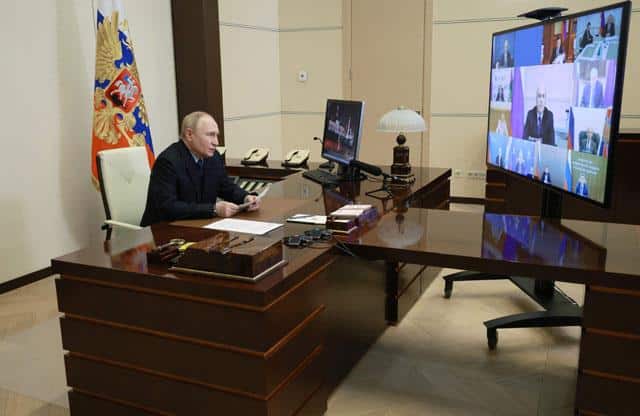Navigating the Energized Waters of Cryptocurrency Mining in Russia
In the vast lands of Russia, a new kind of resource extraction is taking place—less about the siberian tigers and vast oil fields and more about the digital gold rush known as cryptocurrency mining. This new age mining is not without its challenges, especially when it comes to the consumption of a vital resource: electricity. Let’s dive into the heart of this matter, exploring the consequences and the steps being eyed to harness its potential responsibly.
Understanding the Surge in Cryptocurrency Mining
Cryptocurrency mining in Russia is more than a buzz; it’s a booming industry that has placed the country among the world’s top ranks in the crypto mining sphere. This digital endeavor involves operators running thousands of computers in massive hangars or warehouses, all working tirelessly to validate transactions and in return, receiving new cryptocurrency. A process that not only requires sophisticated hardware but also a significant amount of electricity.
The Power Dilemma
The pressing issue brought to the forefront by none other than Russian President, centers around the heavy electricity demand by the crypto mining industry. The fact that almost 1.5% of the nation’s total electricity consumption is being gobbled up by this digital endeavor is a cause for concern. The continuous growth of this industry could potentially lead to power shortages, affecting not just the mining operations but the populous regions as well.
The Siberian Conundrum
Siberia, with its cheap electricity and cold climate—a miner’s paradise—has long been a hub for cryptocurrency mining activities. But even this remote region hasn’t been spared from the power shortages attributed to the intense energy consumption by mining operations. This unforeseen consequence puts a spotlight on the need for a calculated approach to managing the growth of the crypto mining sector.
Legislating the Future of crypto Mining
The response to this burgeoning issue lies in the hands of legislation. Russian lawmakers are poised to deliberate on a flagship bill aimed at regulating cryptocurrency within the country. The proposals on the table reflect a cautious yet open-minded approach—limiting large-scale mining operations to approved firms and granting the government authority to shut down mining in areas where the electric grid is under duress. Such measures hint at a future where cryptocurrency mining can coexist with the country’s energy requirements.
The Digital Ruble: A Pioneering Vision
Amidst the discussions on cryptocurrency mining, there’s also a whisper about something revolutionary—the digital ruble. The notion of an official digital currency, backed by the central bank of the country, is a clear signal of embracing digital transformation while maintaining a level of regulation. This initiative not only compleases the skeptics of unregulated digital currencies but also sets a path for a digitalized economy, ensuring security and oversight.
Summary: A Journey Towards Responsible crypto Mining
The road to integrating and managing cryptocurrency mining within Russia’s vast territories is filled with challenges and opportunities. As the country stands at the forefront of this digital frontier, the key will lie in finding a balance between leveraging the economic potentials of crypto mining and ensuring the sustainability and reliability of its power supply. With careful legislation and innovative solutions such as the digital ruble, Russia could set precedence in managing the delicate relationship between energy consumption and digital currency mining. As we watch this space, the journey towards a responsible and inclusive approach to cryptocurrency mining continues to unfold, promising a fascinating chapter in the annals of digital innovation.
As we delve into the complexities of this modern gold rush, it’s clear that the path forward requires careful navigation, innovative policies, and a commitment to sustainability. Let this journey be a reminder of the power of adaptation and the ever-evolving relationship between technology and natural resources. The world is watching, eager to learn from Russia’s example in balancing the scales between the digital and the physical, between innovation and conservation.
